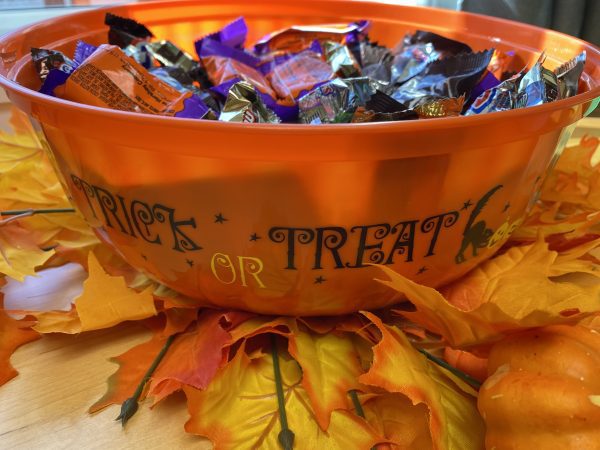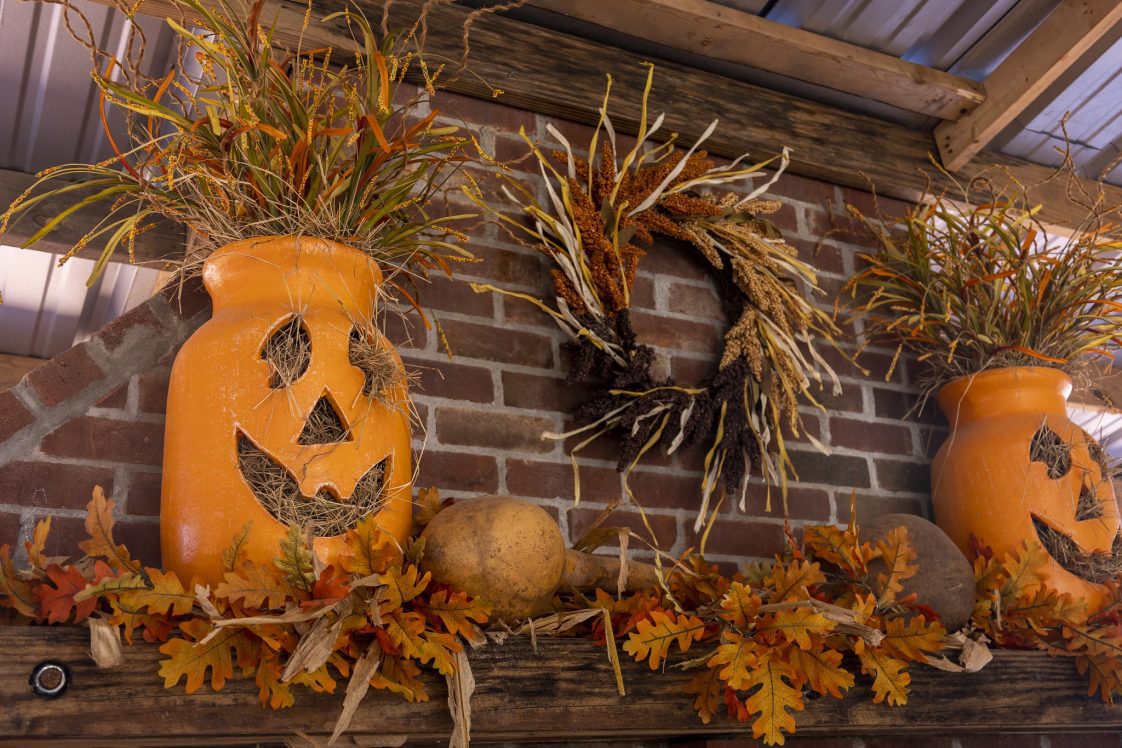Home & Family

AUBURN UNIVERSITY, Ala. — Trick-or-treat! Halloween is an exciting time for parents and children alike. Costumes and candy are family favorites, but it is important to be diligent and take safety measures seriously.
“Halloween can be a lot of fun, but everyone needs to be safe out there,” said Tera Glenn, an Alabama Cooperative Extension System human nutrition, diet and health regional agent.
Before the witching hour begins, check out the following tips from the Alabama Extension human sciences team to keep your family safe this Halloween.
Beware of Scary Candy
 Candy is one of the reasons so many enjoy Halloween. However, there are some inherent risks to candy for children and adults that everyone needs to keep an eye on. Allergies can develop at any stage of life but are more likely at a young age. Parents should always check what their children are eating to make sure it does not contain any of their known allergens.
Candy is one of the reasons so many enjoy Halloween. However, there are some inherent risks to candy for children and adults that everyone needs to keep an eye on. Allergies can develop at any stage of life but are more likely at a young age. Parents should always check what their children are eating to make sure it does not contain any of their known allergens.
“Make sure to go through the candy together and pull out everything they may have an allergic reaction to,” Glenn said. “It is always great to do this with your kids because it is a time for them to learn what to look for too.”
For those that will have trick-or-treaters visit their home, you can have small toys and trinkets on hand to prepare for children who are allergic to candy. Some examples of these are spider rings, vampire teeth, bouncy balls, small slinkies and stickers. These are typically inexpensive and are a good alternative to candy.
In addition to allergies, children and parents need to also be aware of an important and potentially dangerous situation: candy that has been tampered with. Parents should not be worried or frightened but should practice caution when trick-or-treating in unknown areas.
“Parents should check the candy before they allow their children to consume it,” Glenn said. “Be on the lookout for signs the candy has been tampered with and throw it away if you’re unsure.”
Read more about combatting peanut allergy issues while trick-or-treating in the Extension Brief, Peanut Allergies: Combat Fear with Education this Halloween, written by Human Nutrition, Diet and Health Regional Extension Agent Meaghanne Thompson.
Poison Candy: Myth Debunked
Silvia Vilches, an Alabama Extension family and child development specialist, said every Halloween, parents are warned to keep their children safe from intentional candy poisonings.
“While there are always risks, the facts of intentional poisonings reveal few incidents,” Vilches said. “From covering up crimes to illnesses, there are several factors that have propelled this urban legend.”
Vilches wrote an Extension Brief detailing the historical so-called poison candy happenings titled Poison Candy: The Urban Legend of Halloween. She said these scary stories provide a great opportunity to teach children about food safety.
“As with all food, it is important to ensure that candy packaging has not been tampered with, is not open and that candies are safe in size for your child to eat,” Vilches said. “Do not keep poisons of any kind — including vaping products — within reach of young children. Meanwhile, treat this scary urban legend as mostly Halloween lore.”
Trick-or-Treating Safety
In addition to candy, there are some other important safety tips that parents and children should remember when trick or treating.
- Visit known areas. When possible, only take your children to trick or treat at known houses and communities. Visiting friends, family and known neighbors can lessen the risk of receiving unwanted or dangerous candies and toys.
- Be safe when out and about. With so many people traveling around town on Halloween, always pay attention to traffic. The Centers for Disease Control and Prevention (CDC) recommends that trick or treaters watch out for cars, wear or use reflective gear, walk with a group and carry a flash light.
- Scare away colds and the flu. Even little witches and goblins needs to protect themselves from cold and flu season. The CDC recommends that people wash their hands frequently. Also, everyone six months and older should get a flu vaccine each year.
- Throw a monster mash at home. If you are concerned about venturing out to trick or treat, another idea is to throw a Halloween party at home. This allows children to spend time with friends and keeps them in a safe environment.
More Information
Halloween is an exciting time and can be fun for everyone. For more information regarding general health and safety, visit the Home & Family section of the Alabama Extension website, www.aces.edu. You can also contact an Extension agent at your county’s Extension office.

